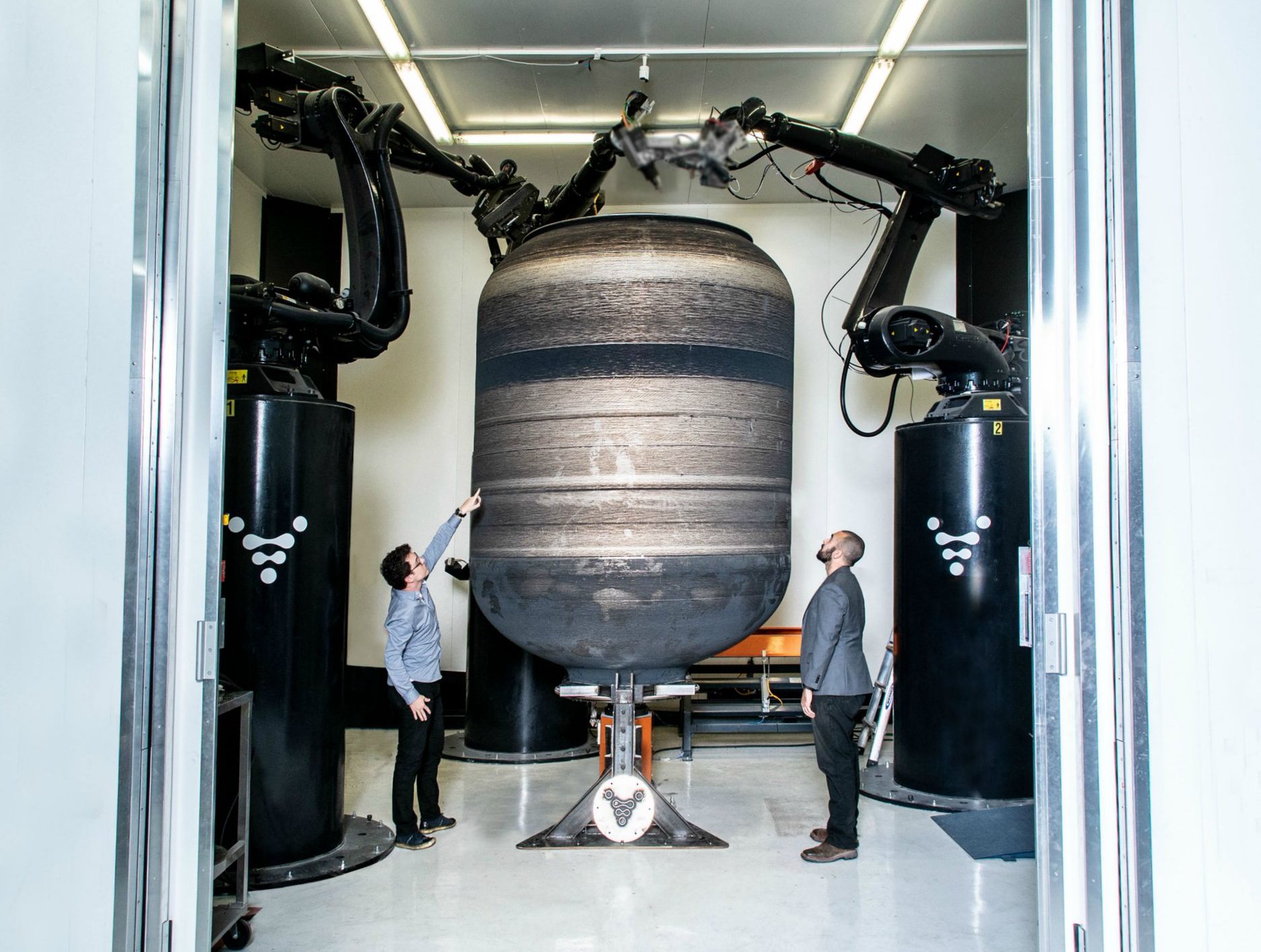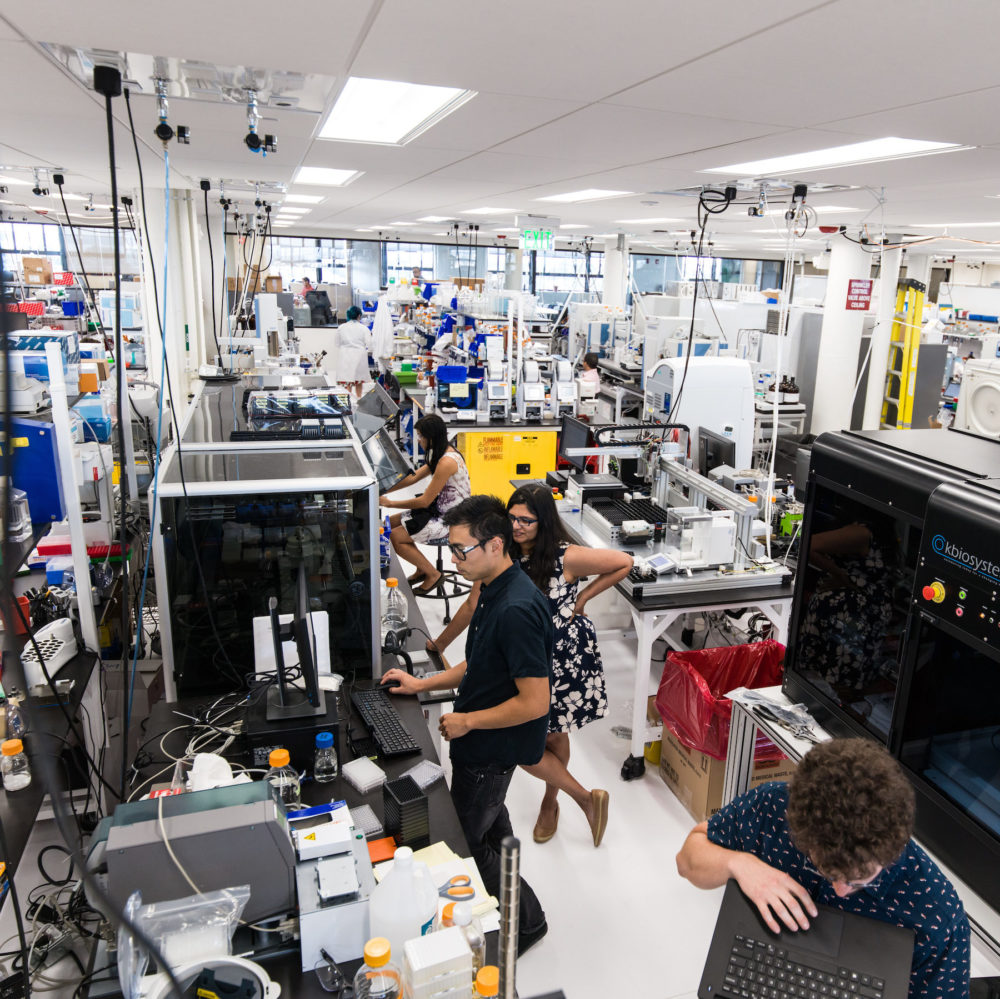Why Industrial Engineers Will Build The Future
I wrote a letter to the head of industry relations for the department of Industrial Engineering today in an attempt to illustrate the true scope of industrial engineering. Anyone reading will obtain reasonable understanding of what industrial engineering is and what it's role is in building the future.
"Dear Mr Kotterman,
It was a pleasure discussing the state of industrial engineering at Purdue today. In response to what you said today, I have attached a detailed version of the viewpoints I touched base on today below:
"Hi-tech" is currently dominated by computer science majors and graduates. The explanation is simple, they currently hold maximal pricing power due to the fact the return on capital for the software industry is extremely high, and arguably, the highest. The current stalwarts of corporate america are dominated by companies whose core competency is to leverage pioneering work in computer science to create products that are delivered by applying principles of software engineering. Apple, Microsoft, Alphabet, Facebook and Amazon are some examples of this. They collectively represent $5 trillion in shareholder value.
However, this trend will slowly but surely change. In fact, it already has.
The next wave of technology companies that will drive massive shareholder value will capitalize on breakthroughs in manufacturing, energy storage, space travel, telecommunications, synthetic biology, and climate change. The solutions developed by these cutting edge companies will also leverage preeminent developments in computer science, software engineering and supply chain optimization.
All of this points something very important: computer science and software engineering are no longer the end, they are now the means to an end ,i.e, software engineering and computer science are no longer verticals and are horizontals. When any technology or industry evolves from being a vertical to a horizontal, the shareholder value and profit that one can derive from it significantly reduces over time.
To create meaningful shareholder value and profit through a technology or industry, its production or delivery method must scale economically and in a sustainable manner. Many new companies are successful in inventing new technologies and products, but fail to scale effectively and end up bankrupt.This is where industrial engineering comes in. No one is better positioned than us to drive the next wave of innovation and growth than us. Our core competencies in understanding how real world systems are made and scaled will serve us better than any major.
The most obvious example of this is Elon Musk, and his companies Tesla and SpaceX. Elon Musk is arguably the best industrial engineer of our generation. Tesla and SpaceX are both doing insanely hard things( building self driving electric cars, space travel) and have created a lot of value as a result (approx. $100 billion in combined market capitalization). The value was generated as a result of pioneering work in manufacturing and supply chain optimization and combining developments in software engineering and computer science to create extremely useful products and services. For example, take the Tesla Model 3. This product demonstrated Tesla's ability to manufacture cars and develop supply chain and distribution globally at scale (536,788 made totally, and 180,000 made in FY18). However, the product also utilizes developments in software engineering/computer science and consumer electronics to create a unique user experience ,i.e, fixing product issues through over the air software updates instead of doing a product recall like traditional car manufacturers.
Tesla's Model 3 manufacturing line
(image credit: Evannex magazine)
SpaceX Falcon 9 rocket manufacturing facility
(image credit: SpaceX)
Tesla's Model 3 manufacturing line
(image credit: Evannex magazine)
SpaceX Falcon 9 rocket manufacturing facility
(image credit: SpaceX)
There are other examples along this line, Ginkgo Bioworks(synthetic biology+manufacturing+software/CS), Relativity Space(manufacturing world's first 3D printed rockets+software/CS) ,Terrapower(nuclear energy+CS modelling breakthroughs), Aclima(creating intelligence around pollution and climate change), Desktop Metal( 3D printing metals) ,Carbon Engineering(carbon capture plant design), Heliogen(using solar panels and mirrors + developments in CS to enable sustainable production of industrial grade materials and electricity generation), and the list goes on.
Image of Relativity Space's 3D printing facility for full sized rockets
(image credit: Ars Technica)
Gingko Bioworks Strain Engineering facility
(image credit: Ginko Bioworks)
Image of Heliogen Plant. Heliogen is funded by Microsoft co-founder Bill Gates and is run by Idealab's Bill Gross.
(image credit: Heliogen)
In conclusion, industrial engineers will build the future. Seeing industrial engineering students being designated to a limited set of functions is deeply disappointing as doing so is a massive misunderstanding of our human capital.
I hope reading this has aided in obtaining a new perspective about Industrial Engineering. I would be happy to get the chance to invest my time to help the Industrial Engineering department in advancing the aforementioned message in any way I can.
Sincerely,
Pranesh Umashankar"






Comments
Post a Comment